For individuals managing gastric conditions, the temperature of water consumed with medication can play a surprisingly significant role in both comfort and efficacy. While it may seem like a minor detail, the wrong water temperature can exacerbate symptoms or even interfere with how the medication is absorbed. This guide delves into the science behind why temperature matters and offers practical advice for those navigating the complexities of stomach-related ailments.
The Science Behind Water Temperature and Gastric Health
The human stomach is a highly sensitive organ, particularly when it’s already compromised by conditions like gastritis, ulcers, or acid reflux. Extreme temperatures—whether too hot or too cold—can trigger discomfort or even muscle spasms in the digestive tract. Warm water, typically around body temperature (37°C or 98.6°F), is often recommended because it aligns with the stomach’s natural environment. This minimizes irritation and allows the stomach to focus on breaking down medication efficiently.
Cold water, on the other hand, can cause the stomach’s blood vessels to constrict, potentially slowing digestion and delaying the absorption of medication. In some cases, it may even provoke cramping. Conversely, excessively hot water can irritate the stomach lining, worsening inflammation in those with existing conditions. Striking the right balance is key.
Practical Recommendations for Medication Intake
For most gastric patients, lukewarm water is the safest choice. It’s gentle on the stomach lining and unlikely to interfere with the dissolution of pills or capsules. However, there are exceptions. Certain medications, like probiotics or specific antibiotics, may require cooler water to maintain their stability. Always check the medication’s instructions or consult a pharmacist if unsure.
Timing also plays a role. Drinking warm water 10-15 minutes before taking medication can help prepare the stomach by promoting mild relaxation of the gastric muscles. This is particularly helpful for those with conditions like gastroparesis, where stomach emptying is delayed. Avoiding large volumes of water is also advisable, as overfilling the stomach can increase pressure and discomfort.
Common Missteps and How to Avoid Them
One frequent mistake is assuming that herbal teas or other warm beverages are interchangeable with water. While herbal teas can be soothing, they may contain compounds that interact with medications. For example, peppermint tea can relax the lower esophageal sphincter, worsening reflux symptoms in some individuals. Unless a healthcare provider approves it, plain warm water remains the gold standard.
Another oversight is neglecting the temperature of the surrounding environment. In colder climates, people may instinctively reach for hotter water, not realizing that it could irritate their stomach. Using a thermometer to check water temperature until you develop a reliable sense of "lukewarm" can be helpful during the initial stages of managing a gastric condition.
Long-Term Habits for Gastric Comfort
Beyond medication, adopting a habit of drinking warm or room-temperature water throughout the day can benefit those with chronic stomach issues. Ice-cold beverages, often consumed for refreshment, are a common culprit behind unexplained stomach cramps or bloating in sensitive individuals. Making a gradual shift to milder temperatures can lead to noticeable improvements over time.
It’s also worth noting that hydration itself is crucial for gastric health. Dehydration can increase stomach acid concentration, leading to irritation. Sipping warm water regularly—rather than gulping large amounts at once—helps maintain hydration without overwhelming the digestive system. Small, consistent changes like these often yield the most sustainable results.
When to Seek Professional Guidance
While these guidelines serve as a general framework, individual needs can vary significantly. Those with severe conditions like bleeding ulcers or post-surgical gastric restrictions should always follow their doctor’s tailored advice. Similarly, if adjusting water temperature doesn’t alleviate discomfort or if new symptoms arise, prompt medical consultation is essential.
In the end, something as simple as water temperature is a reminder of how interconnected our habits are with our health. For gastric patients, mastering these nuances can transform a routine act into a powerful tool for healing.
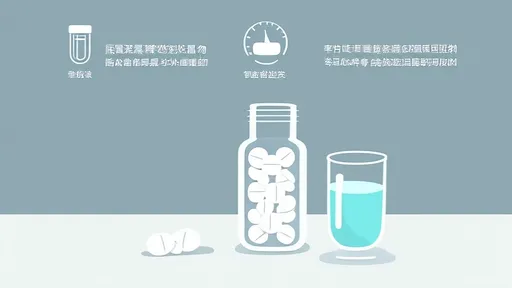
By /Jul 28, 2025

By /Jul 28, 2025
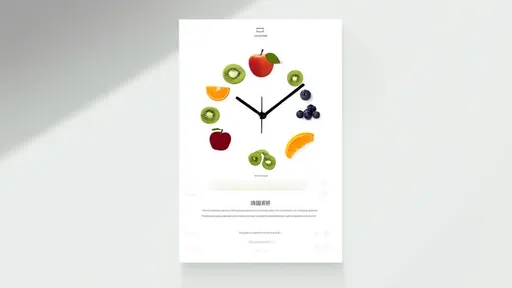
By /Jul 28, 2025
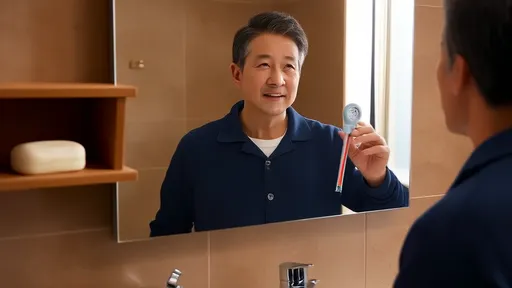
By /Jul 28, 2025

By /Jul 28, 2025

By /Jul 28, 2025

By /Jul 28, 2025

By /Jul 28, 2025

By /Jul 28, 2025

By /Jul 28, 2025

By /Jul 28, 2025
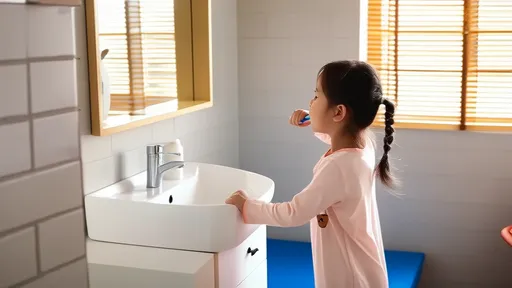
By /Jul 28, 2025

By /Jul 28, 2025

By /Jul 28, 2025
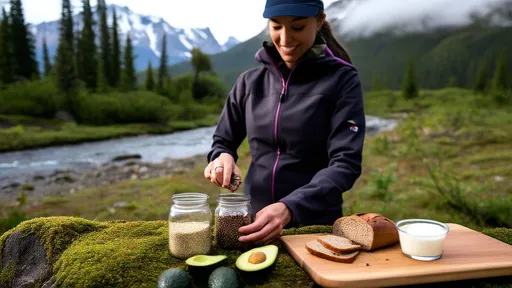
By /Jul 28, 2025

By /Jul 28, 2025
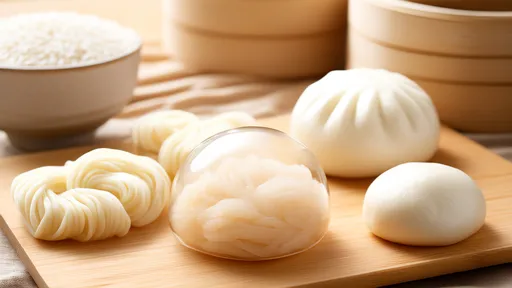
By /Jul 28, 2025
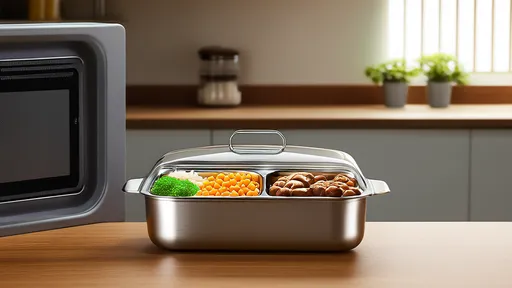
By /Jul 28, 2025
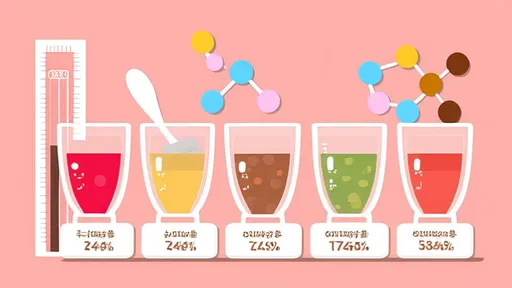
By /Jul 28, 2025
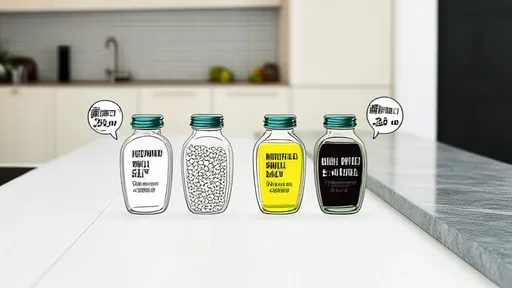
By /Jul 28, 2025